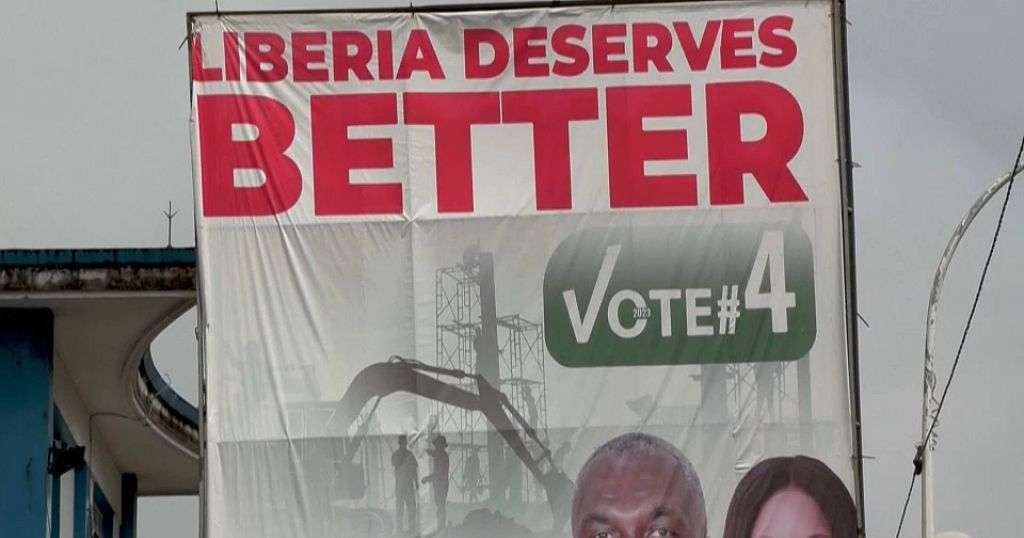Monrovia, Liberia – (African Boulevard News) – After months of anticipation, Liberia is gearing up for its presidential elections set to take place on October 10. The election is expected to be a crucial turning point in the country’s political landscape and has garnered significant attention both domestically and internationally.
The incumbent president, George Weah, who is seeking re-election, is facing stiff competition from a number of formidable candidates. Weah, a former football star turned politician, has been in power since 2018 and is running on his achievements during his first term.
“During our first term, we laid the foundations for peace, freedom of speech, macroeconomic stability, and restoring confidence in the national educational system,” Weah told his Coalition for Democratic Change (CDC) supporters. He is hoping to convince the Liberian electorate that he deserves another term to further develop the nation.
However, Weah’s opponents argue that his administration has failed to address critical issues such as corruption, unemployment, and poverty. They believe that it is time for a change in leadership and are presenting themselves as viable alternatives.
One of the prominent candidates challenging Weah is Alexander Cummings from the Collaborating Political Parties (CPP). Cummings, a businessman and former executive at Coca-Cola, has positioned himself as a competent technocrat who can bring economic prosperity to Liberia.
“We need a leader who understands the complexities of our economy and can implement policies that will uplift the average Liberian,” Cummings stated during his campaign trail. He has been gaining significant support, particularly from the urban areas, where dissatisfaction with Weah’s administration is palpable.
Another contender is Joseph Boakai, the former vice president under Ellen Johnson Sirleaf’s administration. Boakai is running on a platform of experience and continuity, promising to build on the progress achieved during Sirleaf’s tenure.
“The challenges we face can only be overcome through stability and strategic leadership,” Boakai emphasized. He has been appealing to voters who value stability and are wary of radical changes in governance.
As the election day draws near, tension is mounting, with supporters of each candidate passionately rallying behind their respective choices. The outcome of this election will undoubtedly have a significant impact on Liberia’s future trajectory.
The international community is closely following the developments in Liberia, hoping for a peaceful and transparent election process. Observers from various organizations, including the Economic Community of West African States (ECOWAS) and the African Union (AU), will be present to ensure a fair electoral process.
Liberia’s presidential election is seen as a critical test for the country’s young democracy. The decision made by the Liberian people on October 10 will shape the nation’s path for the next few years.

